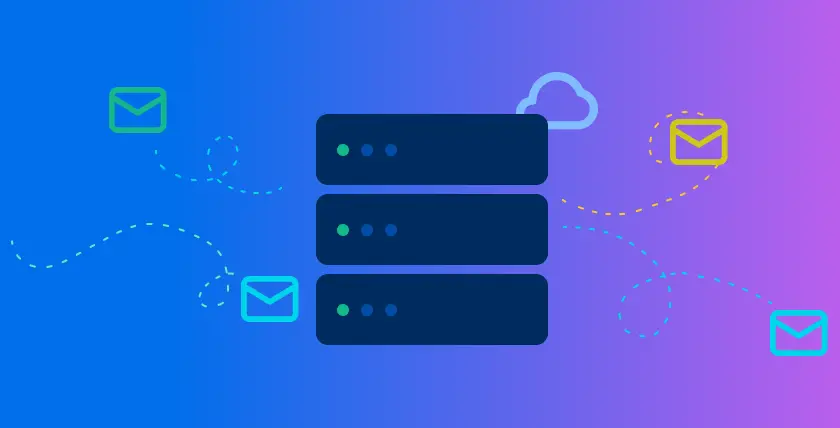
Rocket.Chat/ RocketChat unauthenticated email enumeration refers to a vulnerability in the Rocket.Chat platform that allows an attacker to verify the existence of email addresses registered with the system without needing to authenticate.
This issue can occur due to improper handling of user registration or login endpoints, particularly when detailed error messages or response codes reveal whether an email address is associated with an account.
The password reset feature in Rocket.Chat is vulnerable to email address enumeration. This flaw allows attackers to uncover registered email addresses on a Rocket.Chat instance without authorization.
How does it work?
1. Endpoint interaction
The attacker interacts with a public-facing API or web endpoint, such as a login or password recovery feature.
2. Response analysis
By submitting a request with an email address, the system’s response can inadvertently confirm whether the email is registered. For instance:
Valid email: “Email exists” or “Password reset link sent.”
Invalid email: “Email not found” or similar error messages.
3. Automated scanning
Attackers can automate this process using scripts or tools to enumerate large lists of email addresses to find valid ones.
What are the impacts of Rocketchat unauthenticated email vulnerability?
An email address enumeration vulnerability in Rocket.Chat can have several significant impacts, including:
1. Privacy violations
Exposure of registered email addresses, compromising user anonymity.
Potential to link email addresses to specific individuals or roles within organizations.
2. Phishing risks
Enables targeted phishing campaigns by attackers using verified email addresses.
Increases susceptibility to impersonation and fraudulent schemes.
3. Credential stuffing attacks
Allows attackers to pair enumerated email addresses with leaked passwords from other breaches.
Raises the risk of unauthorized access to accounts, especially if users reuse passwords.
4. Spam and social engineering
Verified email addresses may be targeted with spam or malicious content.
Facilitates social engineering attempts to deceive users or extract additional information.
5. Organizational security threats
Compromised emails from a business instance can be used to launch broader attacks on the organization.
May lead to reputational damage if sensitive user data is exposed.
How can you prevent the attack of RocketChat unauthenticated email enumeration?
1. Use generic responses
Ensure error messages for email-related actions (e.g., password resets) are the same for both valid and invalid email addresses.
Example: “If the email is registered, a reset link will be sent.”
2. Implement rate limiting
Restrict the number of requests that can be made to the password reset endpoint within a specific timeframe.
Helps prevent automated scripts from enumerating email addresses.
3. Deploy CAPTCHA
- Add CAPTCHA challenges to the password reset or login pages to block automated enumeration attempts.
4. Secure API endpoints
Avoid exposing sensitive information via API responses.
Ensure API endpoints return generic or identical responses regardless of email validity.
5. Monitor and log suspicious activity
Log requests to the password reset endpoint and monitor for patterns indicating enumeration attempts.
Trigger alerts or block IPs when abnormal activity is detected.
6. Use email verification codes
- Instead of confirming the existence of an email immediately, require users to enter a code sent to their email to proceed with password resets.
7. Regularly update software
- Keep Rocket.Chat updated to the latest version, as security patches may address known vulnerabilities.
8. Conduct security testing
Perform regular penetration tests or vulnerability assessments to identify and address such issues.
Use tools like Beagle Security to test email enumeration vulnerabilities.
By combining these measures, organizations can significantly reduce the risk of email enumeration vulnerabilities and protect user privacy.





